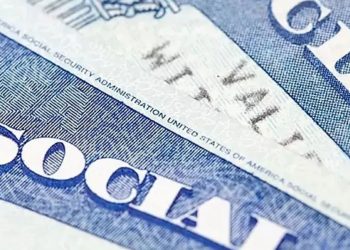In a first-of-its-kind decision, Nebraska will prohibit low-income residents from using SNAP benefits—commonly known as food stamps—to purchase soda, soft drinks, and energy drinks, starting January 1, 2026.
U.S. Agriculture Secretary Brooke Rollins announced the change during a visit to Nebraska on Monday, where she signed a historic federal waiver at an event in Fremont. The waiver, requested by Governor Jim Pillen, redefines eligible food items under the Supplemental Nutrition Assistance Program, excluding sugary and caffeinated drinks.
“There’s absolutely zero reason for taxpayers to be subsidizing purchases of soda and energy drinks,” said Pillen, calling the items “unhealthy junk.”
Rollins echoed that sentiment, calling the move a bold step to “Make America Healthy Again”—a nod to a health slogan popularized during the Trump administration.
The waiver marks a national precedent, with Rollins noting that six other governors are exploring similar SNAP restrictions in their states.
Nonprofit: “This is poverty-shaming”
The decision sparked immediate backlash from advocacy groups, including Nebraska Appleseed, a nonprofit focused on social justice.
“With the approval of this waiver, some of that dignity is stripped away,” said Eric Savaiano, Appleseed’s food and nutrition access manager.
“We’re poverty-shaming the most vulnerable among us and adding complications to an already complicated system.”
Savaiano argued that data shows SNAP recipients buy similar groceries to other Americans, including sugary drinks. He warned the new rule could burden small grocers, who might opt out of the SNAP program altogether—particularly harming rural communities.
About 150,000 Nebraskans Affected
The new restriction will impact roughly 150,000 SNAP recipients in Nebraska, about 7.5% of the state’s population. That includes working families, seniors, children, people with disabilities, and veterans. On average, recipients receive $5.82 per person per day in grocery assistance.
Ban Coincides with Other SNAP-Related Controversy
The ban came on the same day the Nebraska Legislature upheld Gov. Pillen’s veto of a bill that would have lifted the lifetime SNAP ban for individuals with past drug-related felonies—a move also criticized by social service groups working with reentering citizens.
The USDA’s approval sets the stage for possible national debates about how much choice SNAP participants should have. For now, Nebraska becomes a testing ground for the policy, and how it plays out could influence whether other states follow suit—or face legal challenges.











